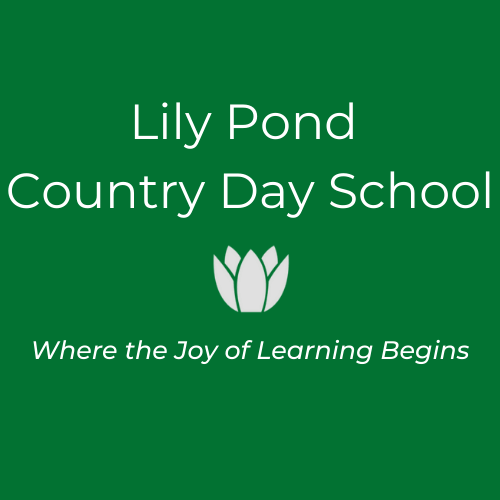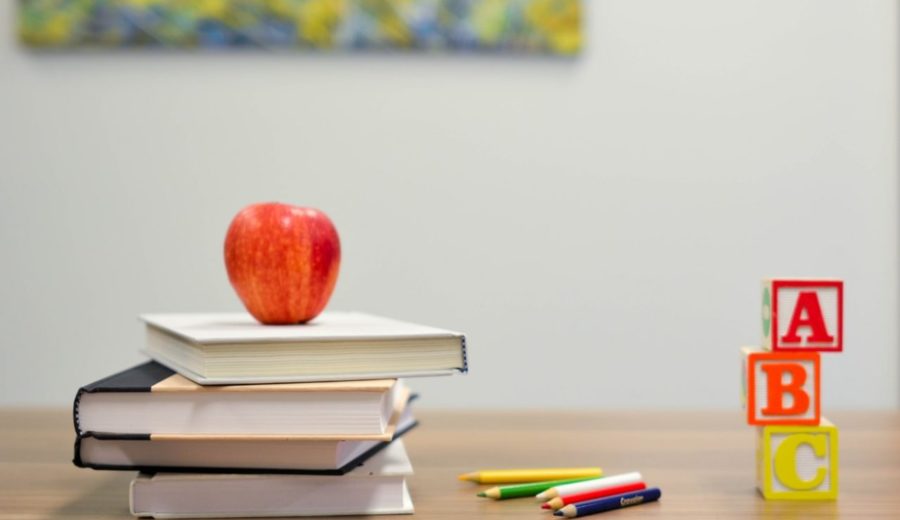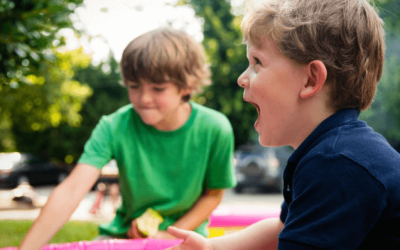Most parents are inclined to create a routine for their toddler while caring for them at home. But since 87% of five-year-olds throughout the U.S. were enrolled in preprimary programs in 2015, those preschool children will also benefit from predictable environments and settings. Although many adults thrive in scenarios that are exciting and erratic, the same cannot be said for children. When children enter their local preschool classroom, parents need to know that there will be an emphasis on habitual activity.
Children Thrive in Predictable Preschool Classroom Settings
Young children require consistency. An orderly classroom with a set routine will offer a place where students can improve their confidence, explore the world around them, and find comfort in their daily schedule. Children tend to love repetition because of the feelings of warmth and familiarity that accompany it. Preschools for young children should prioritize daily routines in regards to arrivals and pick-ups, meals and nap times, and a number of educational and playful activities.
This isn’t to say that a curriculum should never deviate from a teacher’s plans or that children should never learn to be flexible when changes inevitably need to occur. Those are important lessons that can allow your child to adapt as they grow. However, the stability provided by a structured preschool classroom can ensure that children are able to learn in an environment that feels safe and nurturing, rather than chaotic and uncertain.
Predictable routines can also help young children develop their understanding and set expectations for behavior. It can allow children to know what comes next and how to best prepare for it. It can also encourage responsibility, curiosity, and independence. What’s more, a predictable local preschool classroom will likely benefit from a calmer atmosphere than a classroom filled with confusion and anxiety. Finally, it can allow parents to become more involved with their child’s schooling; if they volunteer or need to pick up their child early, communication and satisfaction will be stronger. Ultimately, having a clear daily schedule in place (while leaving room for flexibility, as needed) will benefit parents, teachers, and (most of all) children.
When choosing the right preschool for your child, you’ll want to evaluate a given classroom and facility for its commitment to routine. While a teacher should be willing to adapt whenever necessary and address the needs of the children above all else, a set routine will set up an excellent educational foundation for all students.




